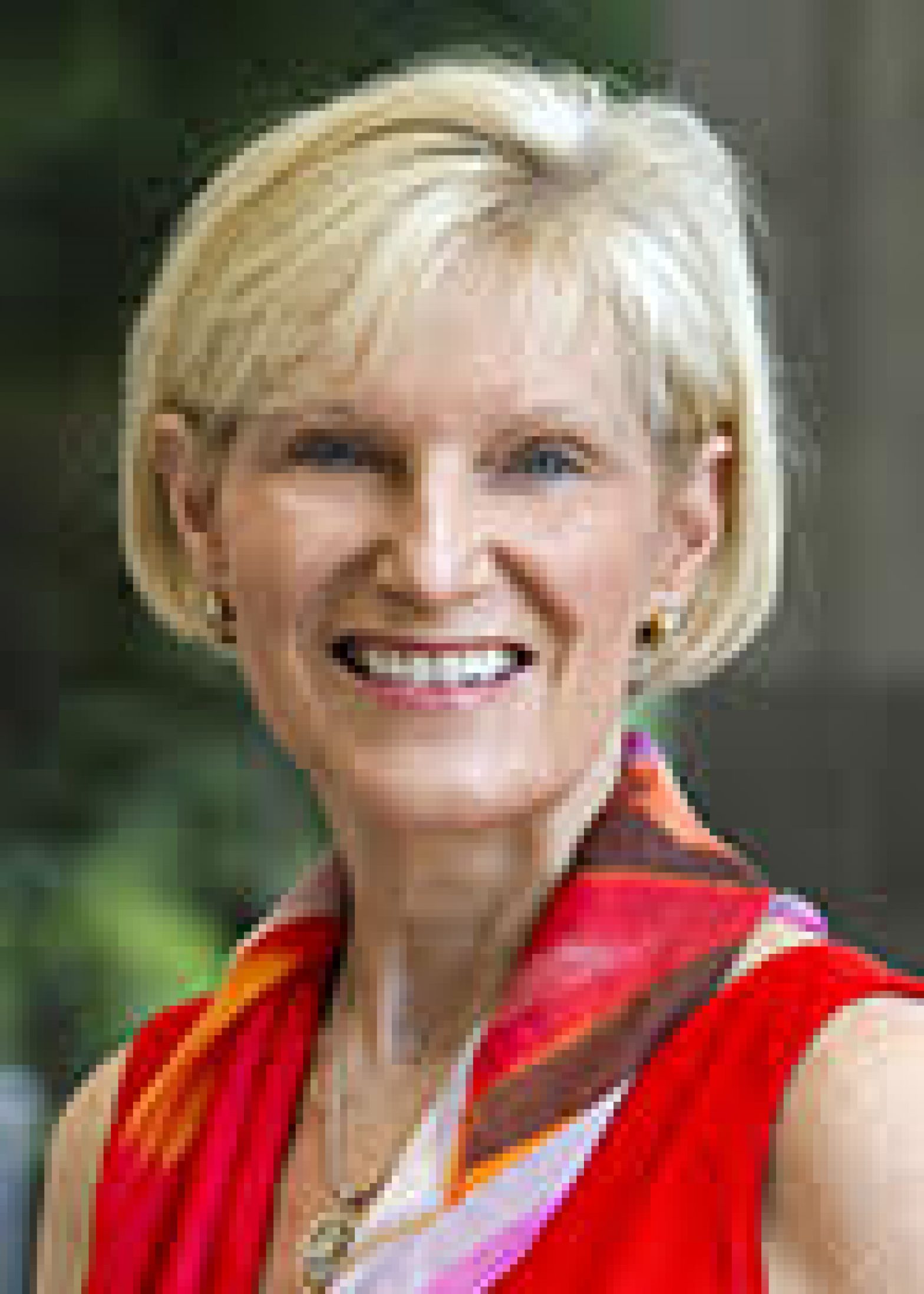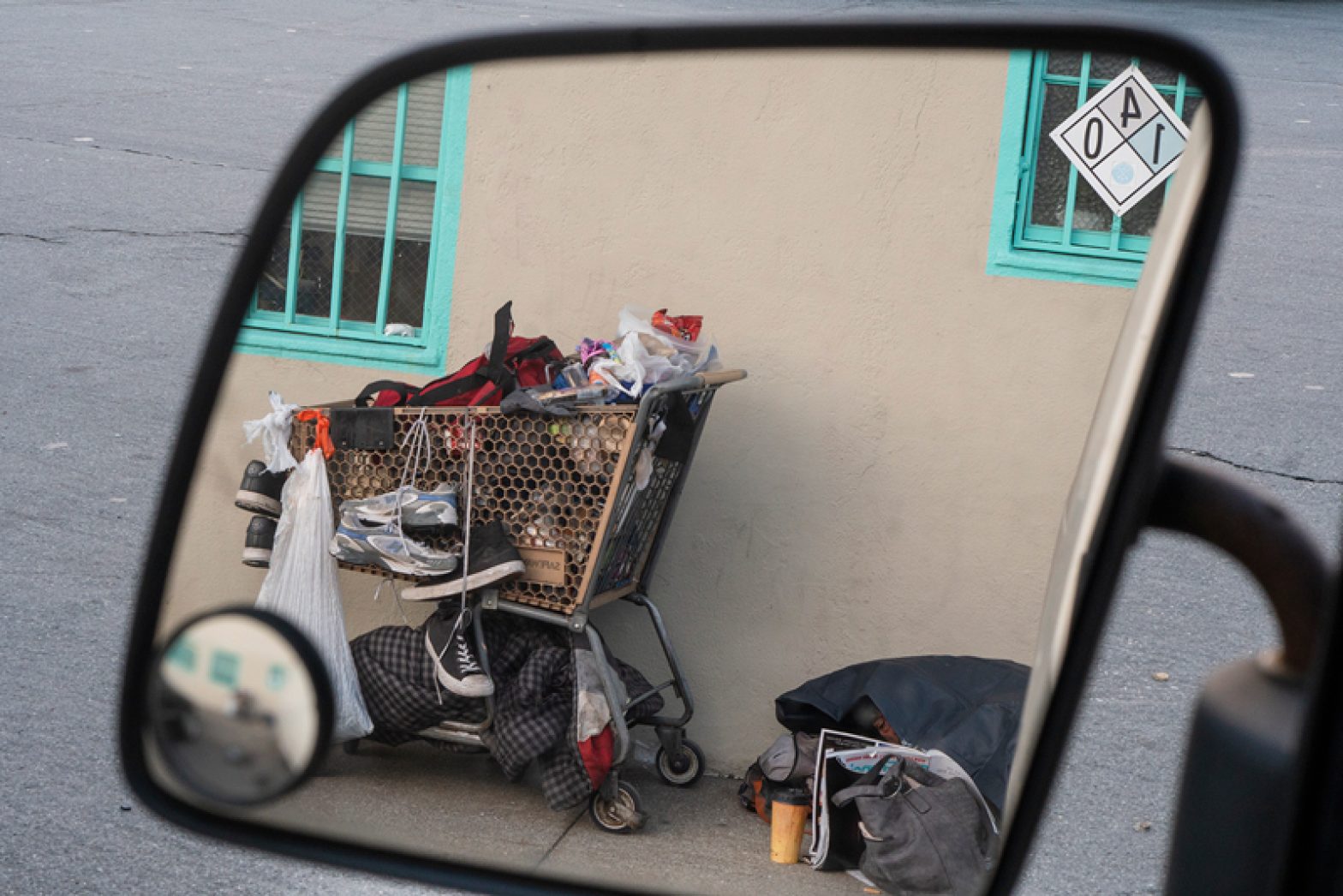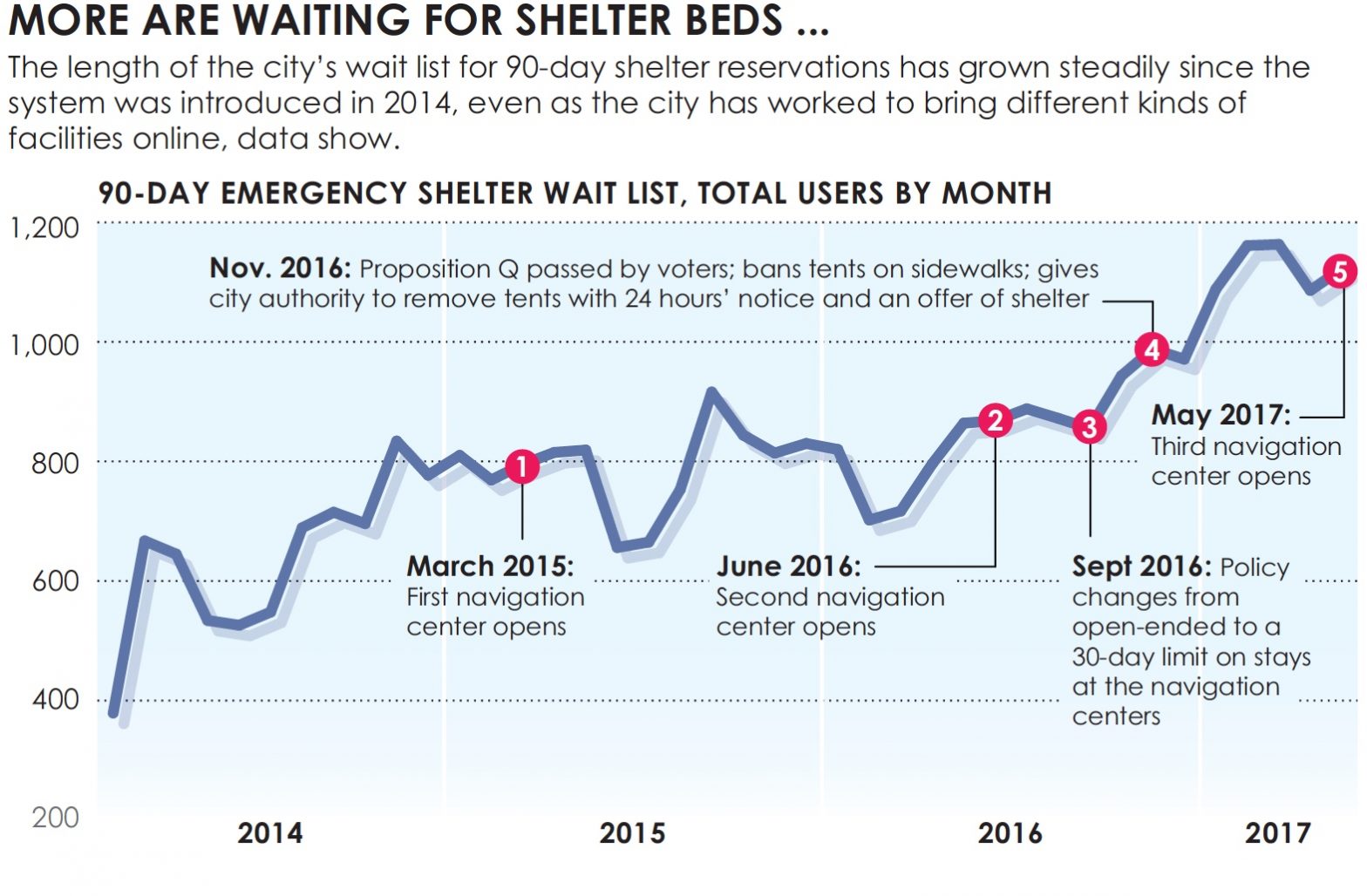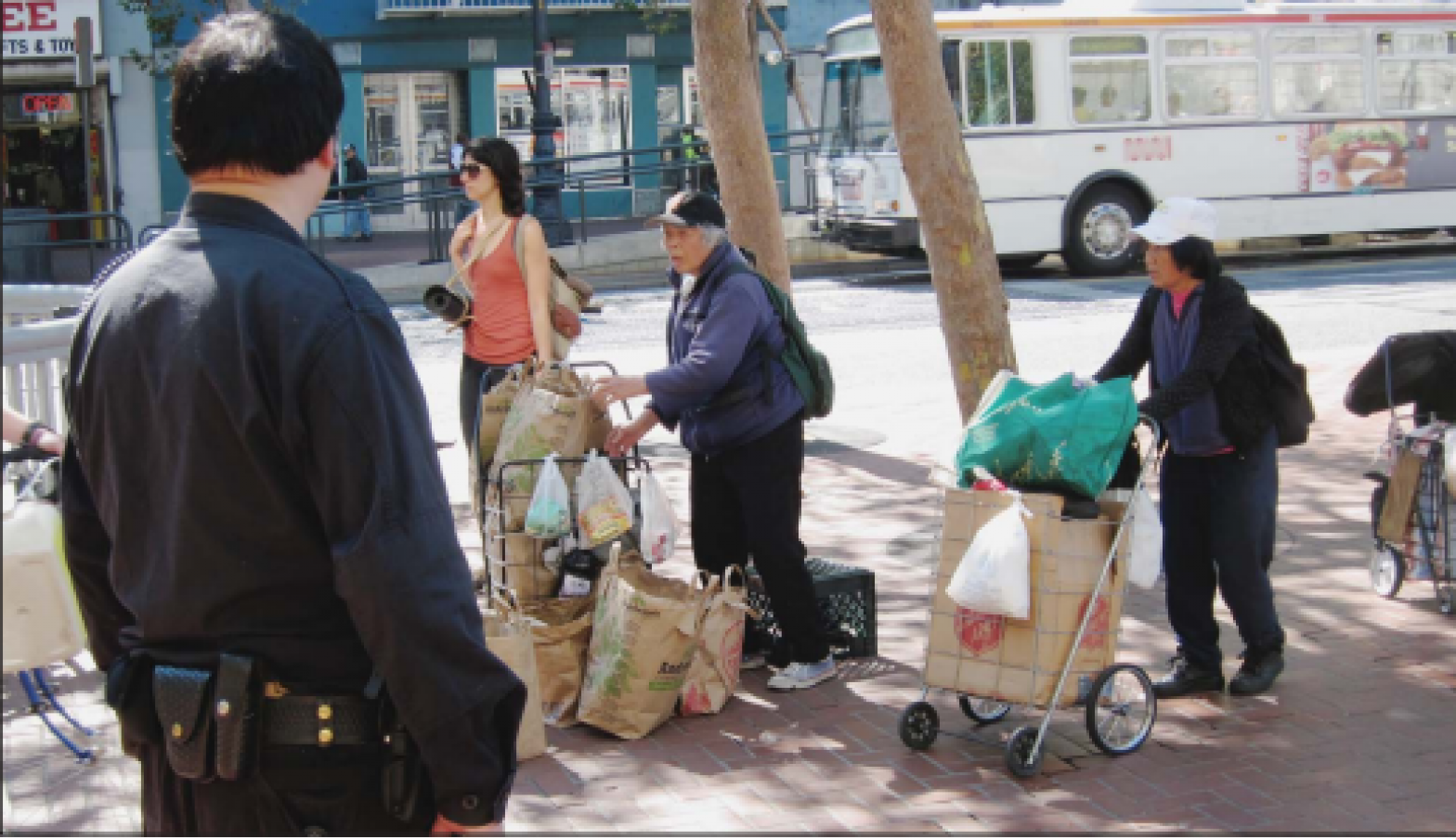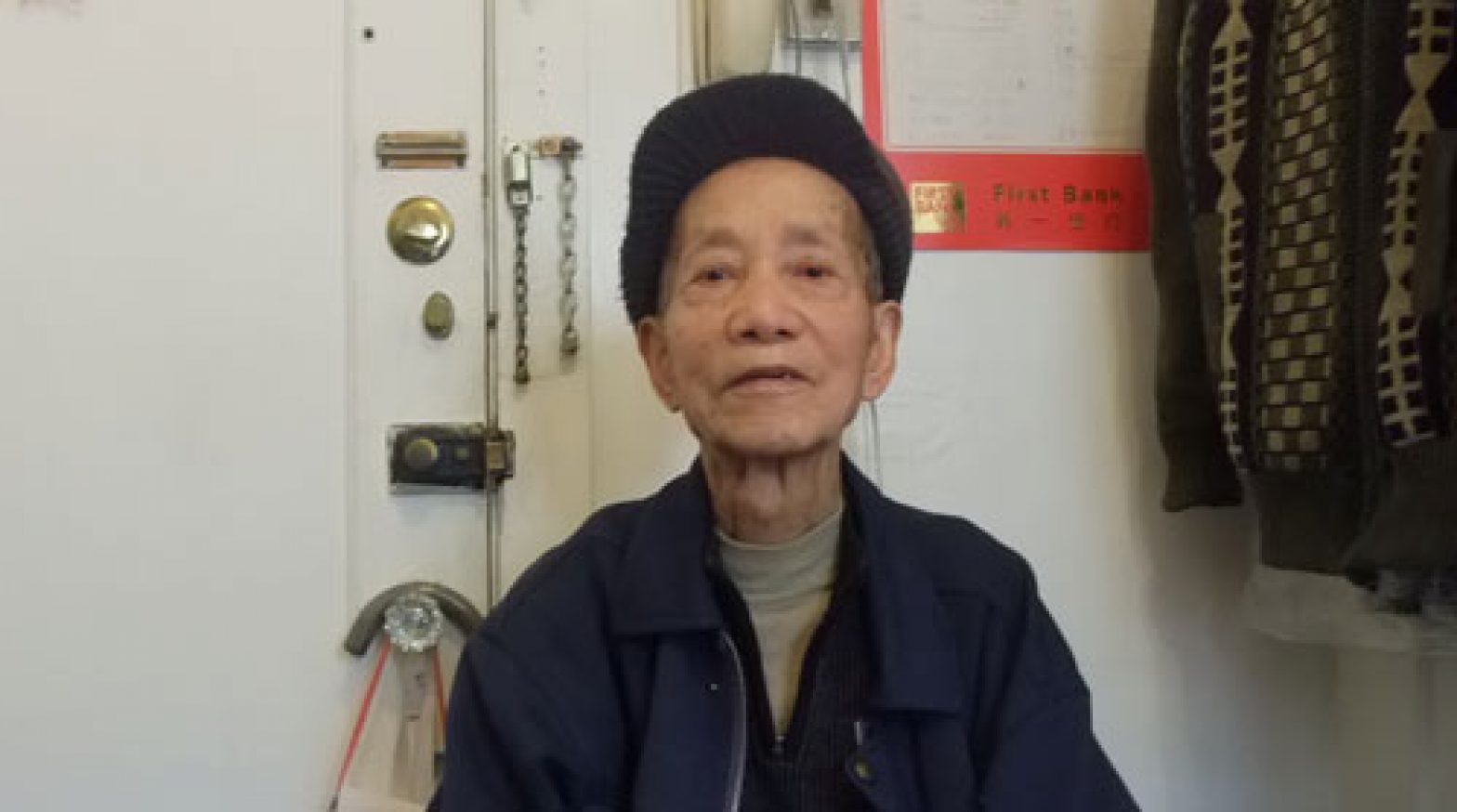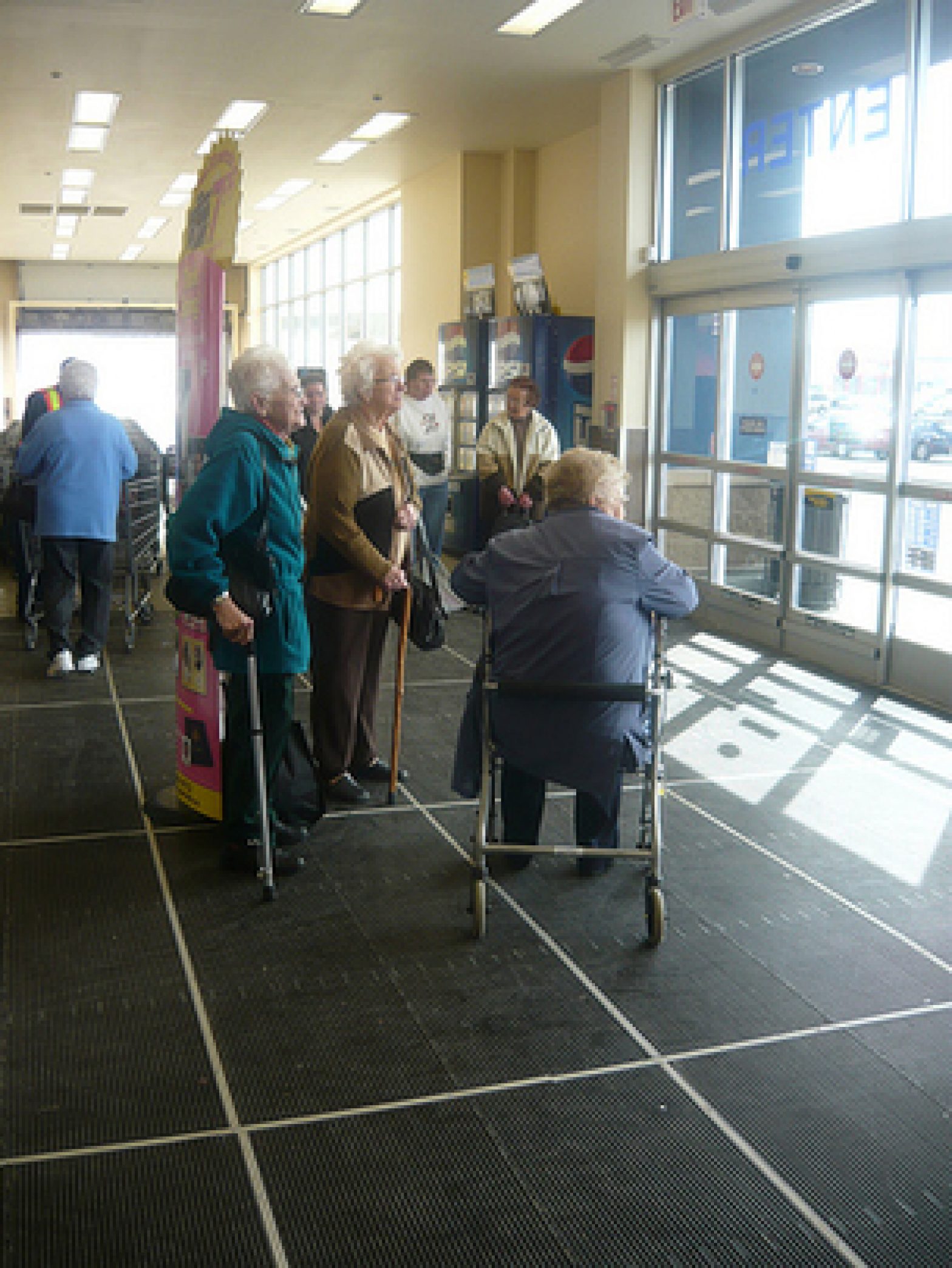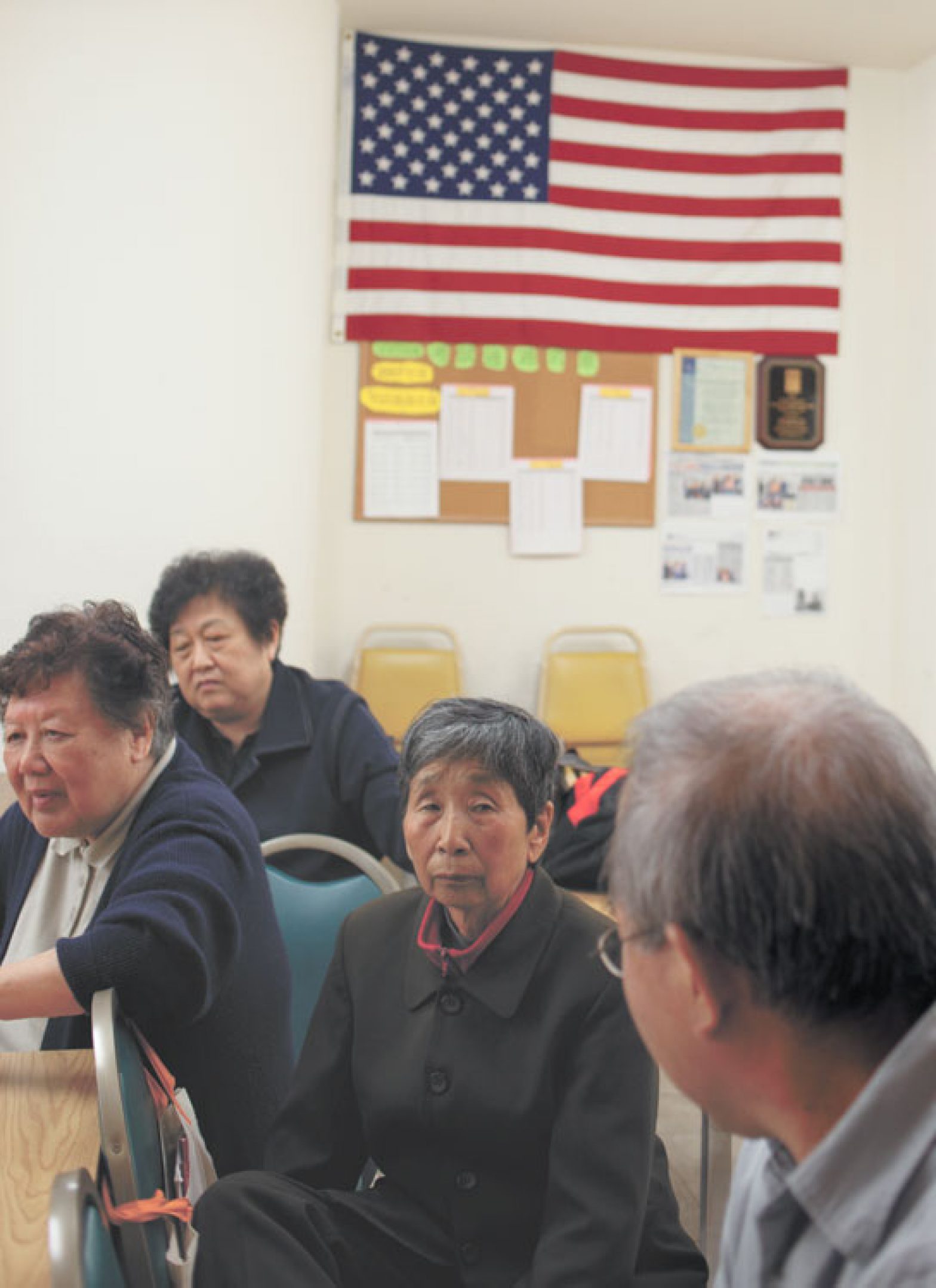Coronavirus
Tech Firms Could Keep Seniors Safe in Coronavirus Lockdown by Funding Connectivity
Guest opinion: Low-income San Francisco seniors are facing a connectivity crisis as well as a health crisis. For most Bay Area residents coping with the mandate to shelter in place as the coronavirus spreads, home internet access, devices and software platforms enable us to work from home, communicate with family and friends, use telehealth services and stay informed.

